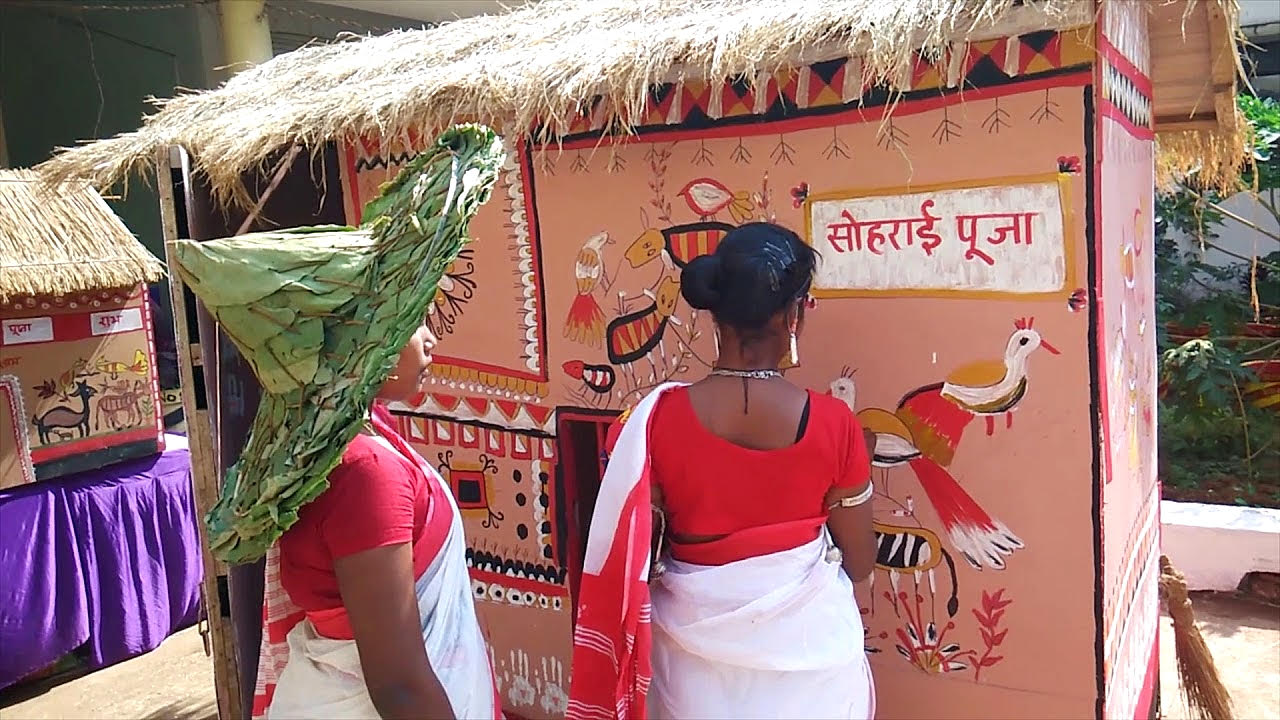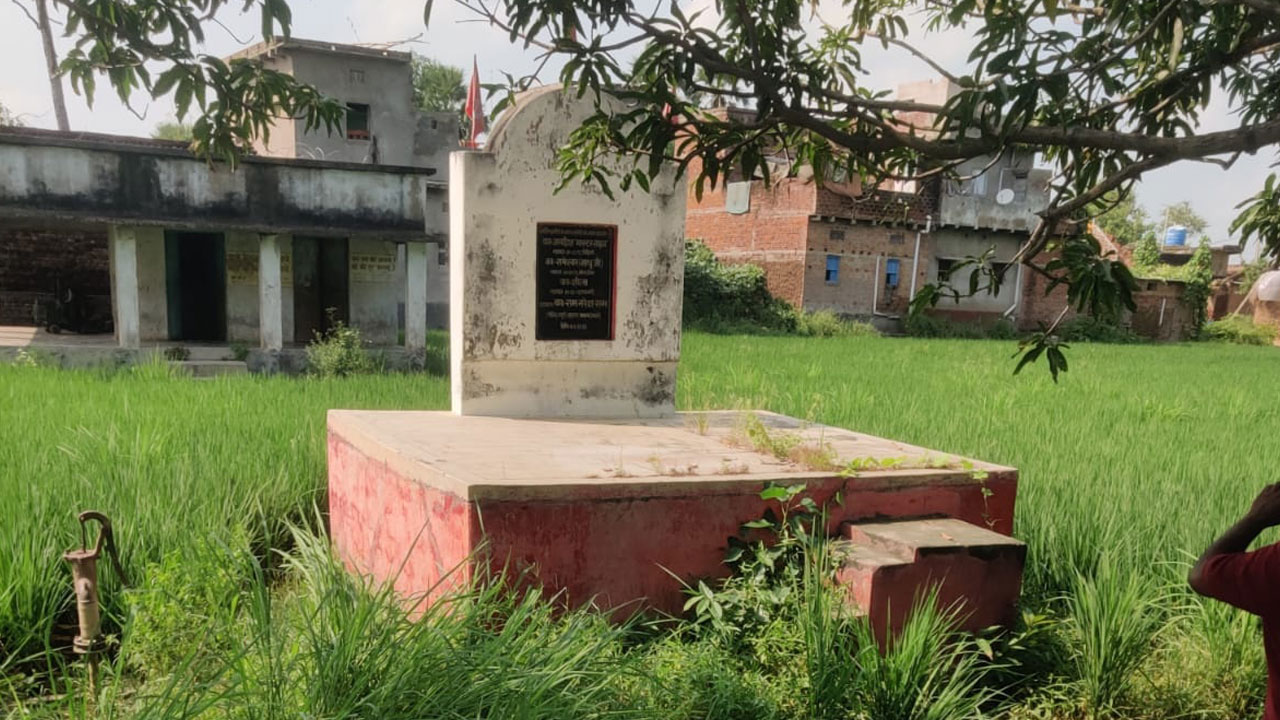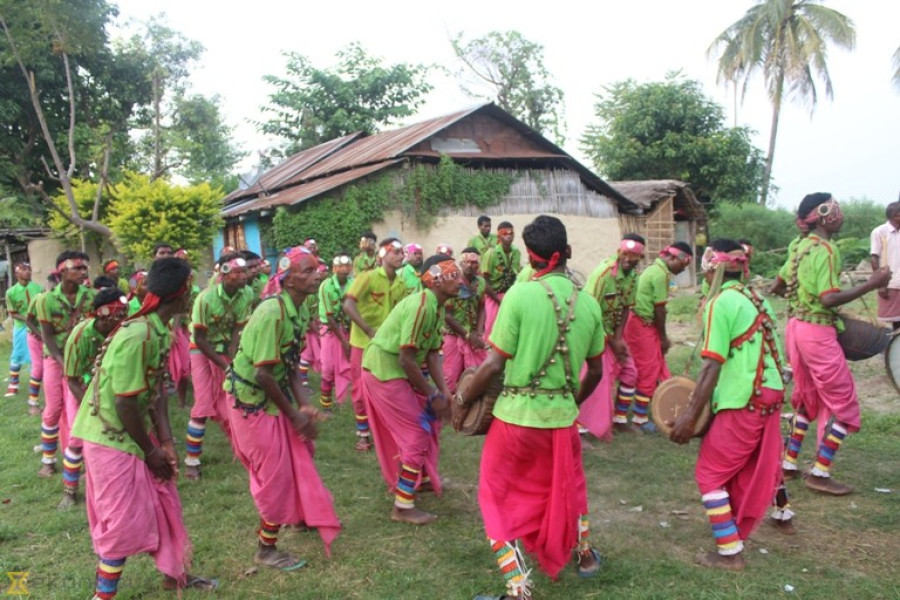29 May 1972: The 50th birth anniversary of the Dalit Panther movement
Inspired by the Black Panther movement of the African Americans in the 1960s, the Dalit Panther may not have become as famous but it was no less successful and effectual than its US counterpart. Dalit Panthers were as aggressive and as combative as the Black Panthers. Another common aspect between the two was that literature played a major role in their establishment. Marathi Dalit literature and authors were behind the Dalit Panther. In fact, we would not be entirely wrong if we say that Dalit Panther was a literary movement. Literary works that brought ideological citadels crashing down were the foundation of both the movements. These works influenced the ordinary folk in the same way as the sound of the bugle makes warriors jump into the battlefield. Marathi Dalit literature shaped this movement in the same way as a mother brings up her son, hoping that after he grows up, he will fight her battles.





